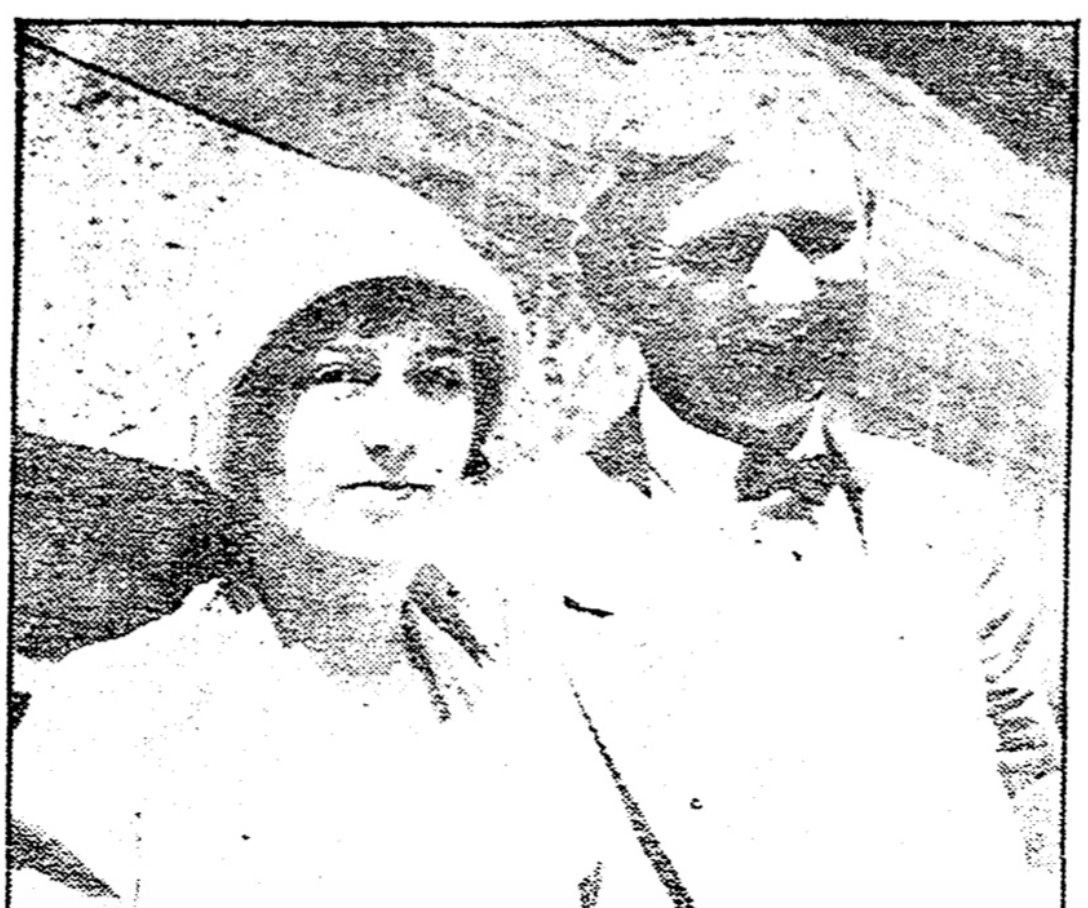‘Razor Girl,’ a frail flapper, melted Charlotte’s heart
Nellie Freeman, 19, was charged with killing her husband in an argument.
Today’s Charlotte Ledger is sponsored by SouthernEEZ Landscaping:
SouthernEEZ is the year-round choice of HOA & multi-family communities, commercial & warehouse properties, and municipalities across the Charlotte-Fort Mill-Rock Hill metro. Named to the Inc. 5000 list of fastest growing U.S. companies.
Sensational courtroom cases have long seized public attention, and Charlotte’s halls of justice are no exception. This week, in a special series only for Ledger members, The Charlotte Ledger examines spectacular trials that captivated local audiences.
In 1926, she went on trial for her husband’s murder. Courthouse crowds couldn’t get enough.
By Mark Washburn
Pretty little Nellie Freeman, 19, quarreled with her husband of five months on May 22, 1926.
He was a cad, a car thief and a pool-room hustler. He told her he was leaving her. She got a long straight razor to — she said — frighten him, and she swung it. Quite a swing — Alton Freeman was all but decapitated.
By the time she went on trial for murder two months later, Nellie had become a cause celebre in Charlotte, known to all as “Razor Girl.” It was all an accident, she said, pleading innocent by reason of insanity.
“Childlike murderess,” said The Charlotte News of the 84-pound defendant. “Forlorn little waif,” said The Charlotte Observer.
Nellie Freeman, Charlotte’s “Razor Girl,” in her store-bought dress and hat, is pictured with her lawyer. (Charlotte News archives via Charlotte Mecklenburg Library)
In what would become Charlotte’s version of the Broadway musical “Chicago,” the trial of Nellie Freeman captured the imagination — and apparently the hearts — of the city. Overflow crowds milled outside the old Mecklenburg County Courthouse; souvenir vendors sold little replica razors with Nellie’s name emblazoned on them. In the courtroom, it was standing-room only. Visitors clogged stairways hoping for a spot.
“Deputies repulsed ambitious men who had scaled the outer wall of the courthouse,” the Observer reported, “and were hanging through the windows behind the jury box.”
Keep reading with a 7-day free trial
Subscribe to The Charlotte Ledger to keep reading this post and get 7 days of free access to the full post archives.





